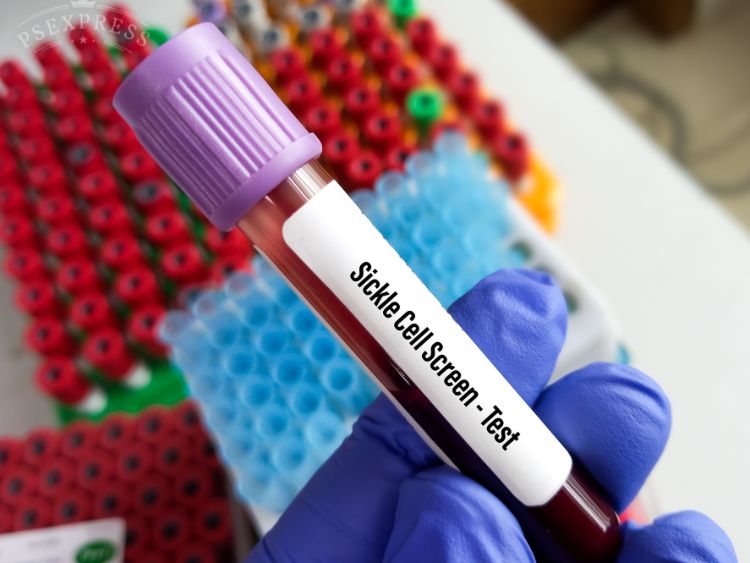Ever wondered how those CSI episodes get drug testing so spot-on? Well, it’s not just TV magic; blood testing for drugs is a real deal and quite the marvel in both medical and legal fields. This article dives deep into the nuts and bolts of how blood testing for drugs works, its importance, and what you need to know before you or someone you know goes through the process. Buckle up, as we’re about to embark on a journey through the bloodstream, exploring the intricacies of detecting substances that can tell more than just a story of indulgence or innocence.
What is Blood Testing for Drugs?
Blood testing for drugs is a scientific method used to detect the presence of illegal or prescription drugs in an individual’s bloodstream. It’s the gold standard for accuracy and reliability in drug testing, offering a window into the body’s complex chemistry. Whether it’s for legal scrutiny, medical diagnosis, or personal insight, understanding how this process works can be incredibly enlightening.
Why Blood Testing?
Before we roll up our sleeves further, let’s talk about why blood testing for drugs is the go-to method:
- Accuracy: Blood tests can detect drugs more accurately than urine or saliva tests.
- Detection Window: They have a shorter detection window, ideal for identifying recent drug use.
- Quantitative Analysis: Blood tests provide information not just about the presence but also the quantity of drugs in the system.
How Does Blood Testing for Drugs Work?
Blood testing for drugs is a meticulous process involving several steps:
- Collection: A healthcare professional draws a blood sample from the individual’s vein.
- Transportation: The sample is then securely transported to a laboratory for analysis.
- Analysis: At the lab, the blood undergoes various tests to detect the presence of specific drugs.
- Results: The outcome is then compiled into a report detailing the findings.
The Significance of Blood Testing in Various Fields
Blood testing for drugs plays a pivotal role in multiple sectors:
- Healthcare: For diagnosing substance abuse issues or monitoring prescribed medication levels.
- Legal and Forensic: Crucial for DUI cases, employment screening, and sports doping investigations.
- Research: Helps in studying the effects of drugs on the human body.
Understanding the Types of Drugs Detected
Blood tests can detect a wide array of substances, including but not limited to:
- Illegal drugs like cocaine, heroin, and methamphetamine.
- Prescription drugs such as opioids, benzodiazepines, and amphetamines.
- Over-the-counter medications that might affect drug test results.
The Process of Blood Testing for Drugs: A Closer Look
Preparing for a Blood Test
- Fasting: Depending on the test, you might need to fast for a specific period.
- Medication List: Informing the healthcare provider about medications or supplements you’re taking is crucial.
During the Test
- It’s typically quick and involves drawing blood from a vein, usually in your arm.
After the Test
- There might be slight discomfort or bruising where the needle was inserted, but this usually subsides quickly.
FAQs: Addressing Common Queries
Q: How long do drugs stay detectable in your blood? A: The detection window varies depending on the drug, but it’s generally up to 24 hours for most substances.
Q: Is blood testing for drugs foolproof? A: While highly accurate, no test is 100% foolproof. Factors like the quality of the lab and testing method can influence accuracy.
Q: Can you refuse a blood test for drugs? A: Yes, but refusing a test, especially in legal scenarios, can have consequences such as license suspension or legal penalties.
Summary
Blood testing for drugs is an indispensable tool in modern medicine and law enforcement, offering a detailed and accurate look into an individual’s drug use. Its precision, coupled with a relatively short detection window, makes it a preferred choice for many. Whether you’re undergoing a test for medical reasons, employment screening, or legal matters, understanding how it works demystifies the process and prepares you for what to expect.
Navigating through the bloodstream in our exploration of drug detection has been quite the journey. Remember, knowledge is power, especially when it comes to understanding the complexities of our bodies and the substances that can influence them. Stay informed, stay healthy, and most importantly, stay curious.
